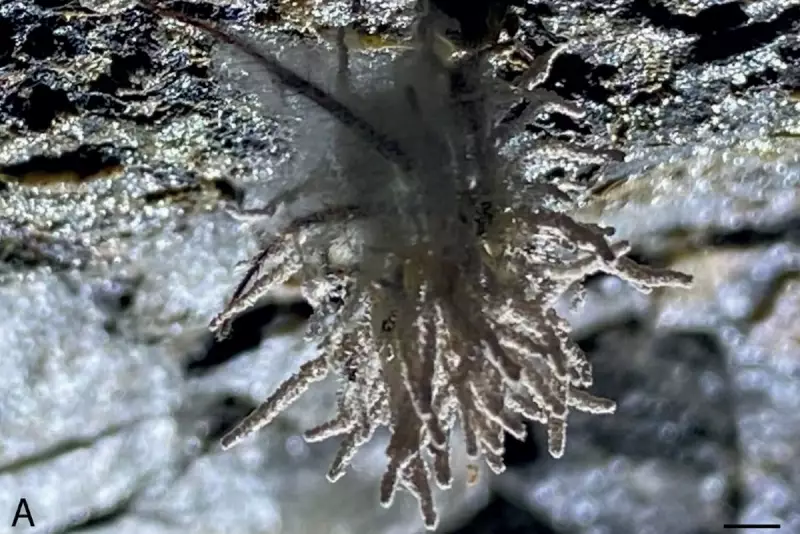
In a discovery that seems ripped from the pages of a science fiction horror novel, researchers have documented a real-life 'zombie' phenomenon occurring in British spiders. A terrifying parasitic fungus has been found capable of hijacking its arachnid hosts' central nervous systems, turning them into puppets for its own gruesome reproduction cycle.
The fungus, a species within the Cordyceps genus, infects common UK house spiders through microscopic spores. Once inside, it begins its macabre takeover, growing through the spider's body and eventually reaching its brain.
The Puppet Master's Final Command
What happens next is both fascinating and horrifying. The infected spider, now completely under the fungus's control, is compelled to abandon its normal behaviour. Driven by the parasite, it seeks out an elevated position and begins spinning a completely unique type of web—one it would never create under normal circumstances.
This special 'cocoon web' serves a single, grim purpose: to become the spider's final resting place. The helpless arachnid positions itself within this silken structure and awaits its fate.
A Gruesome Finale
The fungus completes its life cycle in a dramatic and deadly fashion. It erupts from the deceased spider's body, bursting through its exoskeleton to release a new generation of spores into the air. These spores then float on the breeze, seeking new unsuspecting spider hosts to infect, continuing the chilling cycle.
This phenomenon provides a real-world parallel to the fictional cordyceps infection depicted in popular media like the video game and television series The Last of Us, though experts are quick to note it poses no threat to humans.
A Delicate Ecological Balance
While the process appears brutally sinister, scientists explain that such parasitic relationships are a crucial, if unsettling, part of our ecosystem. These fungi help to regulate spider populations, ensuring a natural balance is maintained.
The discovery highlights the incredible complexity of nature and the sophisticated, albeit terrifying, survival strategies that have evolved in the UK's own backyard. It serves as a stark reminder that truth can indeed be stranger—and more frightening—than fiction.





